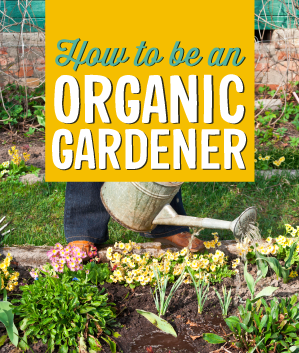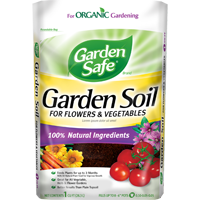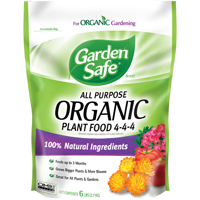In order to consider yourself an organic gardener, you should first understand what exactly organic gardening is and what it includes. Brush up on these tips and ideas and you can call yourself an organic gardener in no time!
Location: Choose an area that has full sun and good soil drainage. Also understand the climate and hardiness zone that you are located in. Some plants grow more successful in different climates than others. A location that meets these needs will provide a great start to having healthy plants.
Soil: To be a successful organic gardener, think soil first. If the job requires bagged soil make sure it is an organic soil. If you are starting a garden you should enrich the native soil with either an organic garden soil or compost.
Mulching: Using wood mulch is a great way to improve the plant health. Wood mulch will help control the root temperature of your plants, prevent weeds, provide nutrients, and retain moisture all organically.
Fertilizing: When choosing a fertilizer make sure it states organic on the packaging. Organic plant food will supply the plant with all the essential nutrients to grow successfully.
Insects: Find ways to encourage beneficial bugs and pollinators within your garden. If there are insects harming a plant there are ways to take care of them organically. First make sure you have identified the insect correctly then you can choose an organic insecticide. Another way to kill the insect would be to find its natural predator.
Weeds: Keep weeds under control on a regular basis. Use homemade alternatives or use the old fashioned but effective way and pull by hand. There are also organic herbicides that can be used.








